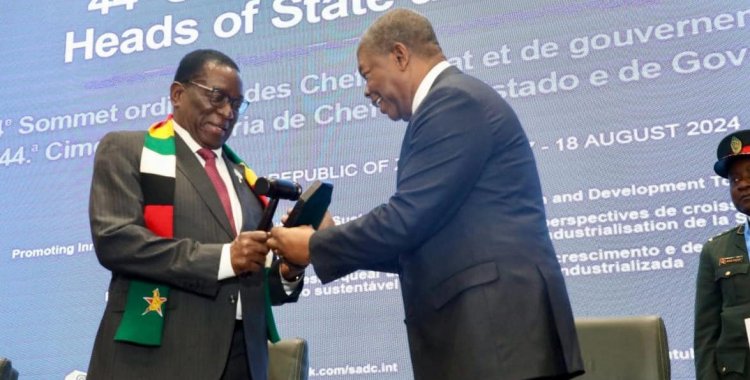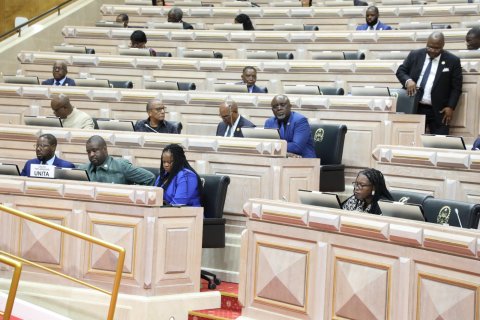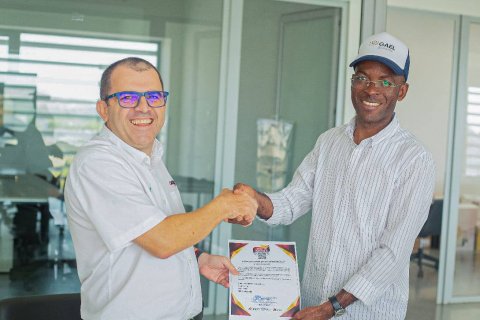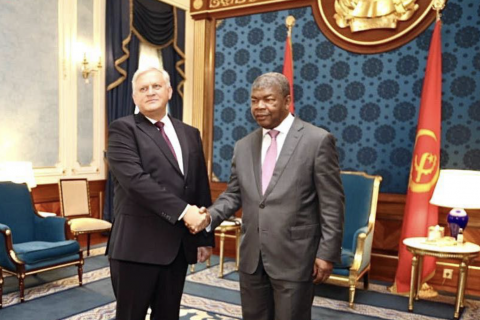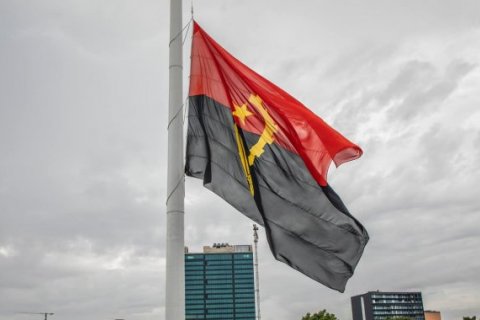Among the voices that have been heard is Zimbabwean President Emmerson Mnangagwa, who took over the annual rotating presidency of SADC from his Angolan counterpart, João Lourenço, at a ceremony at the new parliament in Harare.
“There is hunger in the region due to climate change and we must work together to leave no one behind,” urged the President of Zimbabwe, who represents the country where 8.7 million people, more than half of its population, are hungry.
Mnangagwa said that combating hunger caused by the prolonged drought due to the El Niño weather phenomenon is his top priority as interim chair of SADC.
João Lourenço, meanwhile, said the region needs US$5.5 billion to help feed the population at risk. “Our resources are still scarce and we appeal to the international community and the private sector to help us. We have gathered information that we may suffer the natural disaster of El Niño in the future and we must be prepared for that”, said the President of Angola.
The summit was attended by the heads of state of all 16 SADC member states, except Zambia.
Zambia’s President Haikande Hichilema attended the summit virtually from his country because, he said, he did not feel safe in Zimbabwe after receiving insults from Mnangagwa’s spokesperson, George Charamba, for questioning the election results in August 2023.
Accepting his new role, Mnangagwa called on SADC leaders to continue to support Zimbabwe in the face of sanctions imposed by Western countries, which he said were being used as a “political tool” against developing countries.
“We shared the trenches when we fought together for our liberation during the time of colonisation. We will stand in solidarity,” the Zimbabwean president added.
As part of the 44th summit, outside the new parliament in Harare, armed police patrolled city streets to prevent opposition-called protests and a curfew was imposed to close businesses at 8pm local time.
The summit and Mnangagwa’s inauguration took place amid a wave of arrests of dissidents, most of whom are supporters of the Citizens’ Coalition for Change (CCC), the main opposition party.
Twelve members of the CCC were arrested on Friday in a rural area in the centre of the country and a member of the party’s parliament for Harare was abducted from his home by armed men and taken to the capital’s central prison.
Since June, 124 members of the CCC have been arrested in Zimbabwe, many of whom say they have been beaten and tortured by security forces.
Human rights organisations such as Amnesty International (AI) and Human Rights Watch (HRW) have condemned the situation and called for the release of those detained.
The embassies of the European Union and the United States of America, among others, also expressed their concern last week about the wave of arrests and called for “respect for fundamental freedoms in accordance with the Constitution”.
With this year’s theme “fostering innovation to unlock opportunities for sustained economic growth and development towards an industrialised SADC”, the summit is responsible for providing overall political direction and monitoring the community’s functions, and is ultimately the decision-making body of SADC.
The meeting annually brings together heads of state and government from the 16 member states (Angola, Botswana, Comoros, Democratic Republic of Congo, Eswatini, Lesotho, Madagascar, Malawi, Mauritius, Mozambique, Namibia, Seychelles, South Africa, Tanzania, Zambia and Zimbabwe) and leaders of continental and regional organizations as observers.

